29, September 2019
National Dialogue: Southern Cameroons Bishops say form of the state should be primordial on the agenda 0
The Bishops of the Ecclesiastical Province of Bamenda have tabled four major proposals to the Prime Minister, Head of Government Chief Dr Joseph Dion Ngute for a successful dialogue to take place.
In a letter signed by Bishop George Nkuo, President of BAPEC, the Bishops tabled their proposals into headings namely; the prerequisites for dialogue, participants in the dialogue, method of representation and the content of the dialogue.
Concerning the prerequisites for the dialogue, the Bishops called for the respect of truth, sincerity, honesty and frankness in the 1961 agreement that established the federal character of the state. If this is respected, then dialogue should address the form of the state, the administrative system, the legal system and the educational system, the Bishops said.
The Bishops called for a neutral mediation and well as a neutral venue, release of all prisoners and amnesty to all those in the diaspora so that they can participate in the dialogue.
Concerning participants, the Bishop said the dialogue should be attended by political, traditional and religious leaders, the United Nations, the United States of America, Britain, France, Switzerland, Germany etc..
With regards to representation, the Bishops said each group should be able to choose its representatives while there should be special and neutral invited persons.
Finally, on the content of the dialogue, the Bishops said there should be no taboo subject, the form of the state should be primordial on the agenda, and the setting up of a commission of truth and reconciliation amongst others.
Source: Journal du Cameroon



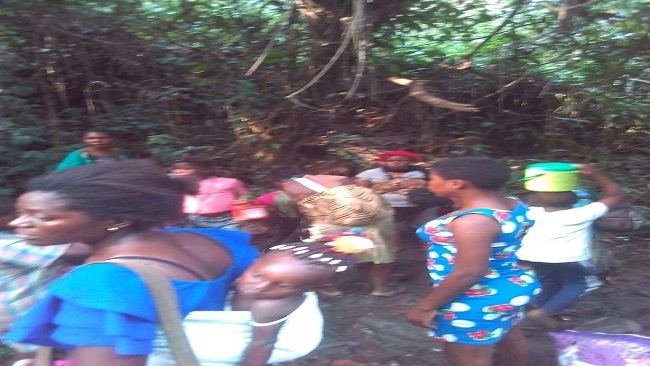

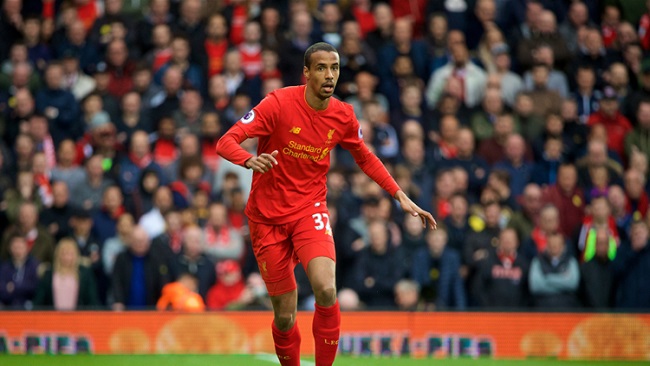


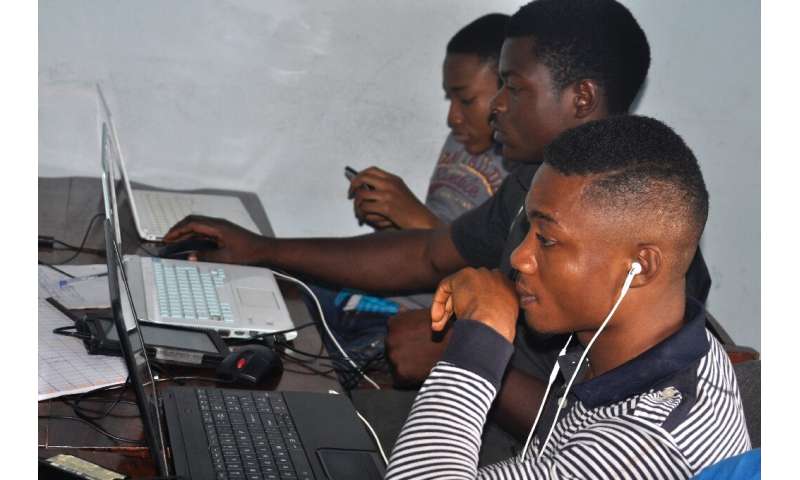
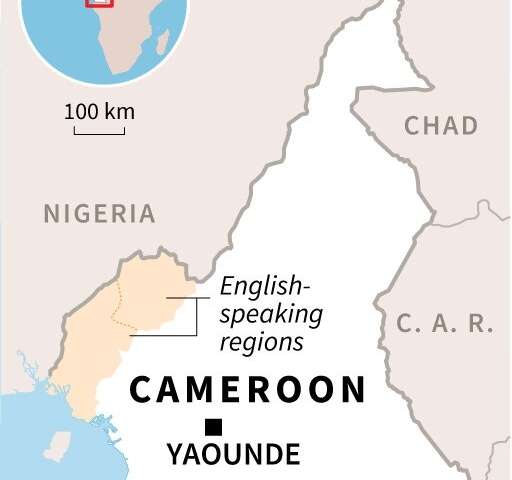
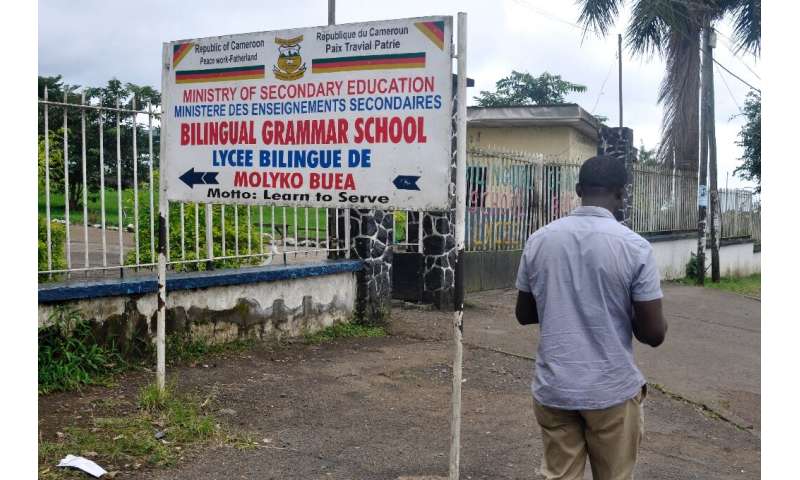



















29, September 2019
UN Security Council restraint to send a peacekeeping force to Southern Cameroons 0
The UN Security Council has voted in favour of local solutions to African problems as was seen in the restraint to send a peacekeeping force to Anglophone Cameroon and enforce an arms embargo violation sanctions in Libya earlier this year.
The UN says the decision on Cameroon now appears inspired, with President Paul Biya having called for a national dialogue on Anglophone Cameroon for September 30, which United Nations Secretary-General Antonio Guterres has welcomed.
A similar process is underway in Mali: President Ibrahim Boubacar Keita told UNGA that a peace agreement signed in 2015 between the government and armed groups had progressively cultivated trust between the parties. He said more than 2,500 ex-fighters were taking part in demobilisation, disarmament and reintegration under the watch of the UN Multidimensional Integrated Stabilisation Mission in Mali.
The ceasefire has helped legislate on a $72 million development zone in northern Mali, and allowed a third shot at national dialogue that President Keita said would bring lasting reconciliation and strengthen democracy. However, Mali is facing a crisis in the middle of the country where terrorists and criminal gangs run amok.
Culled from The East African